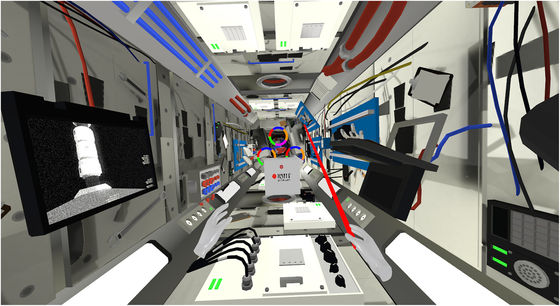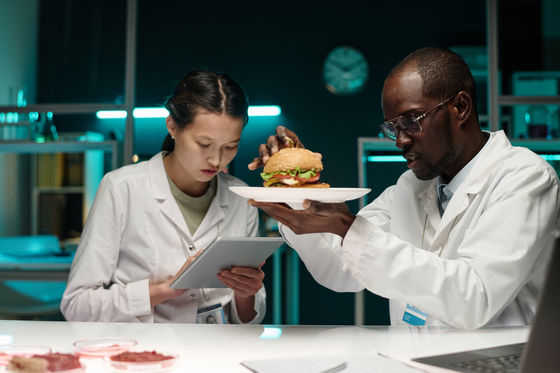Why does food taste strangely bland in space?

Since food is directly linked to the morale and health of astronauts who are taking on missions in the harsh environment of space, various space foods such as
Smell perception in virtual spacecraft? A ground-based approach to sensory data collection - Loke - International Journal of Food Science & Technology - Wiley Online Library
https://ifst.onlinelibrary.wiley.com/doi/10.1111/ijfs.17306
Food aroma study may help explain why meals taste bad in space - RMIT University
https://www.rmit.edu.au/news/all-news/2024/july/space-food-aroma
Food Tastes Mysteriously Bad in Space, And We May Finally Know Why : ScienceAlert
https://www.sciencealert.com/food-tastes-mysteriously-bad-in-space-and-we-may-finally-know-why
Previous research into the issue of food in space being less tasty than food on Earth suggests that weightlessness changes the circulation of bodily fluids, causing facial swelling and nasal congestion. In other words, weightlessness may affect our sense of smell and taste, in the same way that a stuffy nose caused by a cold makes it difficult to taste food.
After a few weeks on the space station, the body gets used to the weightlessness, but some astronauts complain that food still tastes bland even after the weightlessness-related discomfort has subsided. It has been reported that astronauts are unable to get 100% of the nutrients they need due to this problem, and this is a challenge for future long-term space missions.
To explore effects other than weightlessness, a research team led by Julia Lo of the Royal Melbourne Institute of Technology in Australia gathered 54 adults aged 18 to 39 with no history of motion sickness or dizziness. They conducted a test in which they had them smell various scents in a virtual reality (VR) replica of the International Space Station (ISS).

Below is one of the environments inside the virtual ISS that subjects experienced through a VR headset. The recreated VR environment included 'floating objects to simulate microgravity,' 'machinery to evoke a feeling of clutter and obstruction,' and 'background noises that mimicked the loud operating sounds reportedly heard inside the ISS.'

The research team had subjects, both in a normal room and in the virtual ISS, smell the scents of vanilla, almond, and lemon and ask them to rate the intensity of the scent they perceived in each condition on a scale of 1 to 5.
The results showed that the scent of lemon did not change between ground and space, while the scents of vanilla and almond were stronger inside the virtual ISS.
The researchers believe that the difference is due to
Additionally, many of the participants reported feeling low to moderate levels of loneliness during the experiment, which may have influenced how they perceived the scent.
'The increased feelings of loneliness and isolation that come with being in space may affect how we perceive the flavor of food,' said Dr Lo. 'This study provides insight into how people in isolated spaces perceive the smell and taste of food.'

This research suggests that the sense of smell varies depending on the situation, and that certain volatile compounds are more susceptible to the effects of the situation. If this is confirmed, it may be possible to improve space food by using ingredients that maintain their flavor in space, or even have a stronger flavor in space, making it more palatable in space.
What's more, it could lead to improved diets not only for astronauts aboard the space station, but also for people living in isolated environments on Earth.
'This research could help personalize diets and improve nutritional intake for people in socially isolated settings, such as nursing homes,' said Lo.
Related Posts:







